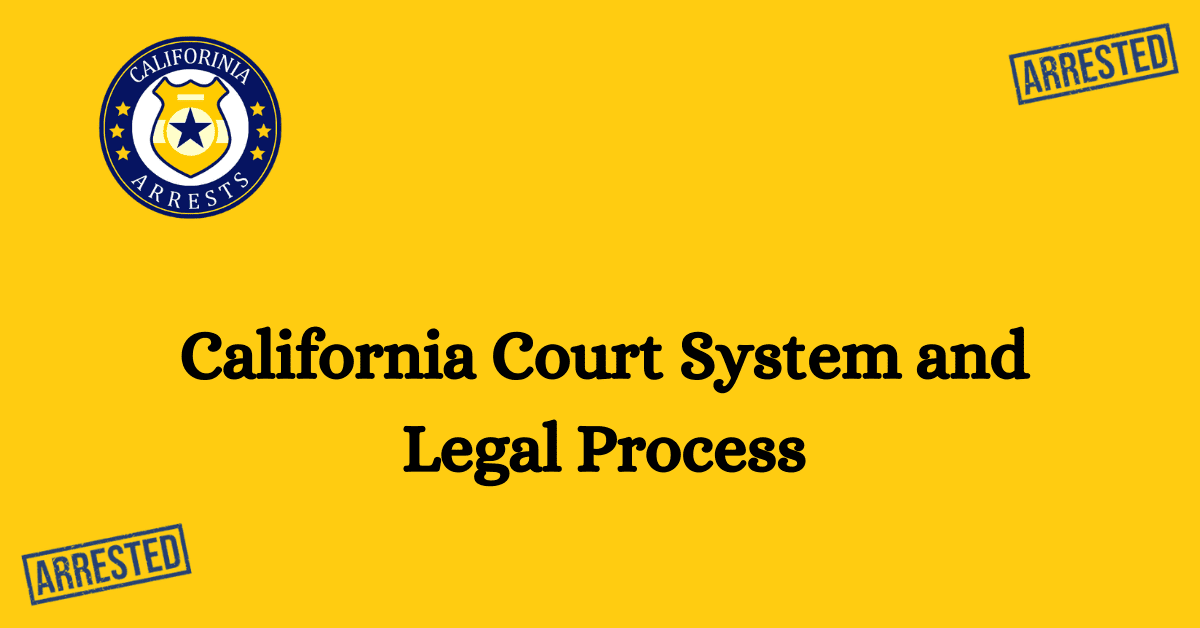California Court System and Legal Process
The California Court System and Legal Process is a complex and vital component of the state’s judicial system. As one of the largest and most influential states in the United States, California’s legal framework plays a significant role in shaping laws and ensuring justice for its residents.
With a diverse population and a wide range of legal issues, the California Court System is designed to address the needs of its citizens effectively. From small claims courts to the Supreme Court of California, the state offers a comprehensive hierarchy of courts that handle various types of cases, including civil, criminal, family, and probate matters. Understanding how the California Court System functions is essential for anyone seeking legal recourse or wanting to learn more about the state’s legal processes.
Overview of the California Court System
The California Court System is a complex and vital component of the state’s judicial system. As one of the largest and most influential states in the United States, California’s legal framework plays a significant role in shaping laws and ensuring justice for its residents.
Diverse Population and Legal Issues
With a diverse population and a wide range of legal issues, the California Court System is designed to address the needs of its citizens effectively. From small claims courts to the Supreme Court of California, the state offers a comprehensive hierarchy of courts that handle various types of cases, including civil, criminal, family, and probate matters.
Understanding the Court Structure
To navigate the California Court System, it is essential to understand its structure. The courts are divided into three main levels: trial courts, appellate courts, and the Supreme Court of California. Each level serves a specific purpose in the legal process.
Trial Courts
The trial courts, also known as superior courts, are the starting point for most cases. They have general jurisdiction and handle both civil and criminal matters. Trial courts are divided into different divisions to specialize in specific areas of law.
Appellate Courts
Appellate courts review decisions made by the trial courts. They do not hold trials but instead focus on reviewing the legal processes used and the application of the law in previous cases. California has six appellate districts, each with its own Court of Appeal.
Supreme Court of California
The Supreme Court of California is the highest court in the state. It primarily reviews cases that have already gone through the appellate courts and have significant legal issues or statewide importance. The Supreme Court’s decisions set precedents that guide lower courts in future cases.
Importance of Understanding the Court System
Understanding how the California Court System functions is essential for anyone seeking legal recourse or wanting to learn more about the state’s legal processes. By familiarizing themselves with the court structure and procedures, individuals can navigate the system more effectively and ensure their rights are protected.
FAQs
What is the California Court System?
The California Court System is a hierarchical system of courts in the state of California that is responsible for the administration of justice. It is divided into various levels, including the Supreme Court, Courts of Appeal, Superior Courts, and Municipal Courts.
What is the role of the Supreme Court in the California Court System?
The Supreme Court is the highest court in the California Court System. Its primary role is to review decisions made by the Courts of Appeal and to provide final interpretation of the law. It also has the power to hear certain types of original jurisdiction cases.
What are the Courts of Appeal in the California Court System?
The Courts of Appeal are the intermediate appellate courts in the California Court System. They review decisions made by the Superior Courts and are responsible for ensuring that the law is correctly applied and interpreted. There are six districts of the Courts of Appeal in California.
What is the role of the Superior Courts in the California Court System?
The Superior Courts are the trial courts in the California Court System. They have general jurisdiction and handle a wide range of cases, including criminal, civil, family, and probate matters. The Superior Courts are the entry point for most cases in the California Court System.
What are the Municipal Courts in the California Court System?
The Municipal Courts are lower-level trial courts that handle infractions, misdemeanors, and limited civil cases. They are usually located in cities or incorporated areas and have jurisdiction over matters that occur within their respective jurisdictions.
How does the legal process work in the California Court System?
The legal process in the California Court System typically begins with the filing of a complaint or petition in the appropriate court. The parties involved then go through various stages, including discovery, negotiation, and potentially trial. The court makes a decision based on the evidence and arguments presented, and the losing party may have the option to appeal to a higher court.
Conclusion
The California Court System serves as the backbone of the state’s legal processes. With its comprehensive hierarchy of courts and diverse population, it strives to provide justice and uphold the rule of law. By gaining a deeper understanding of the court structure and its functions, individuals can navigate the system with confidence and ensure fair and equitable outcomes.







